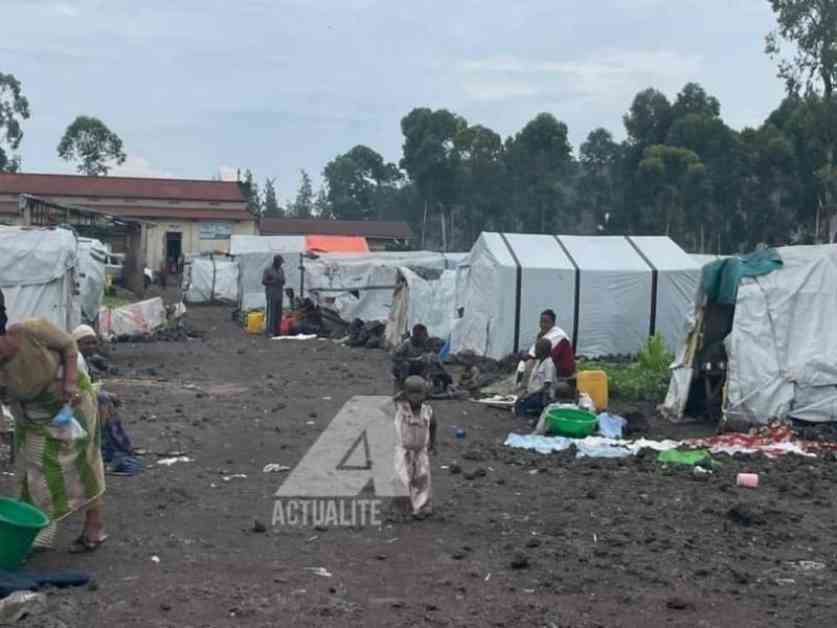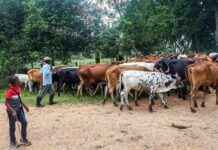Identifying the Increase in HIV/AIDS Cases Among Displaced People in Nord-Kivu: A Concerning Trend
In a recent survey conducted by the National Multisectoral Program to Fight HIV/AIDS (PNMLS), a troubling situation has been uncovered in the displaced sites around Goma, in Nord-Kivu. Over 100 new cases of people living with HIV/AIDS have been identified. Aubin Mongili, the PNMLS coordinator in Nord-Kivu, expressed deep concerns about the spread of this disease.
Urgent Call for Action
“We have had 113 cases of HIV positive individuals in the various sites combined. This has deeply troubled us. These are new cases. We also have 480 existing cases. What is even more heartbreaking is that these individuals do not have access to antiretroviral drugs (ARVs). Having a high number of people living with HIV in the sites makes the sites even more vulnerable. If the issue of HIV is not quickly integrated into the humanitarian assistance package for the displaced, their camps may become hotspots for the spread of this disease,” Aubin Mongili said to the press.
He is urging humanitarian organizations to include HIV/AIDS funding in the assistance package for the displaced. According to him, if this critical issue is not addressed promptly, the displaced camps could become breeding grounds for HIV/AIDS.
Alarming Statistics and Vulnerable Population
Voluntary testing carried out in ten displaced sites revealed alarming figures, highlighting the vulnerability of this population already burdened by precarious living conditions. Mass displacements due to armed conflicts in the region exacerbate health risks, and human rights organizations warn of the dangers associated with overcrowding, insufficient food, and other environmental factors.
Advocating for Increased Humanitarian Resources
In response to this critical situation, the executive secretary of PNMLS is calling for increased mobilization of humanitarian resources for war-displaced individuals in eastern DRC to ensure adequate and integrated care for HIV/AIDS-related issues.
The integration of this issue into humanitarian assistance has become an essential priority to prevent a major health crisis.
Josué Mutanava, in Goma

















